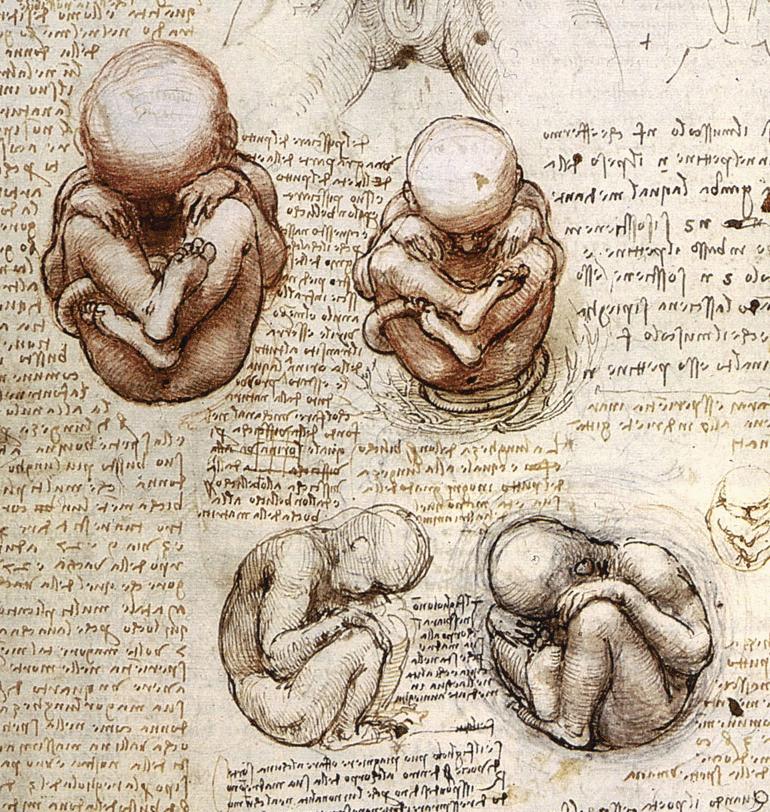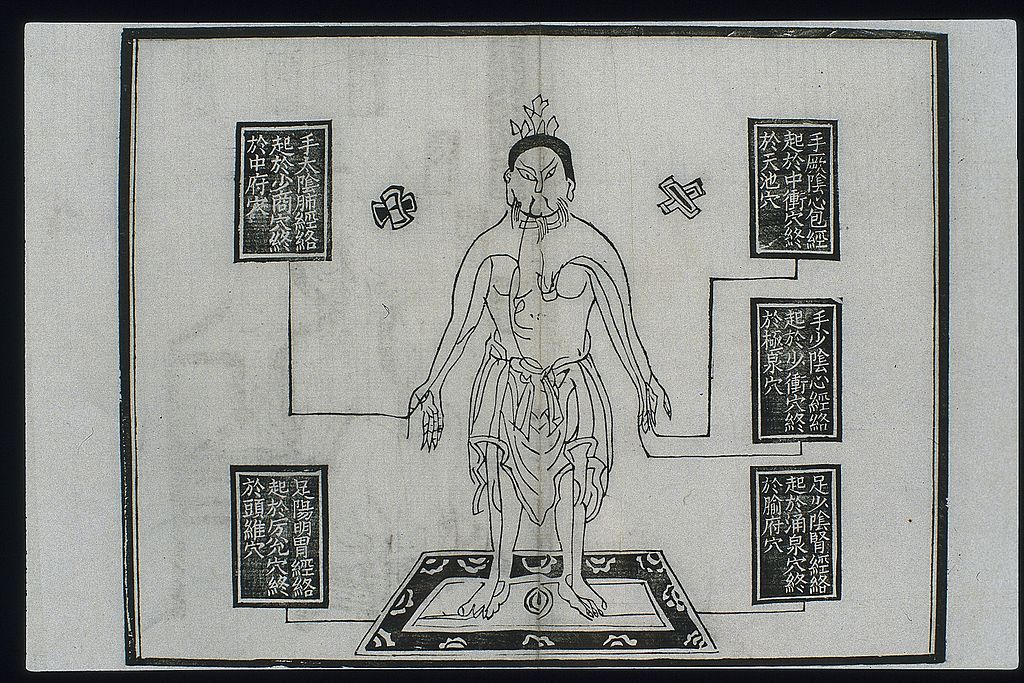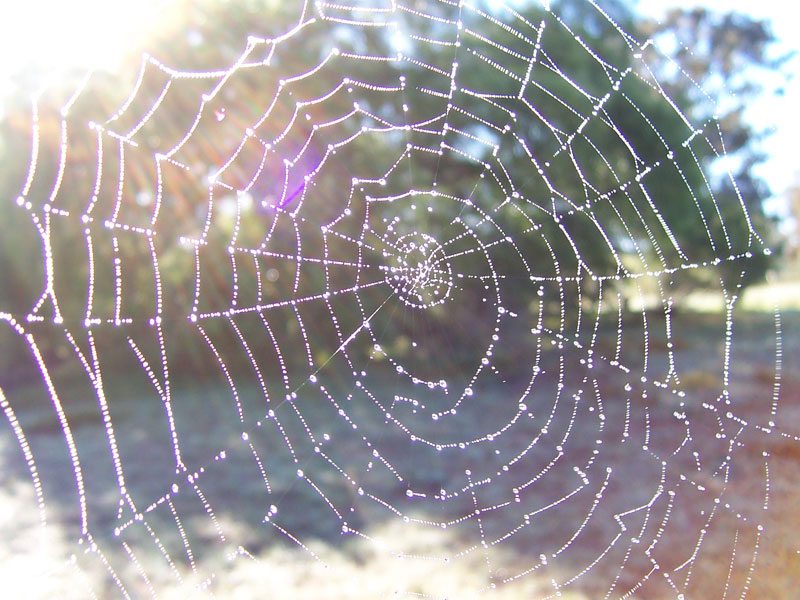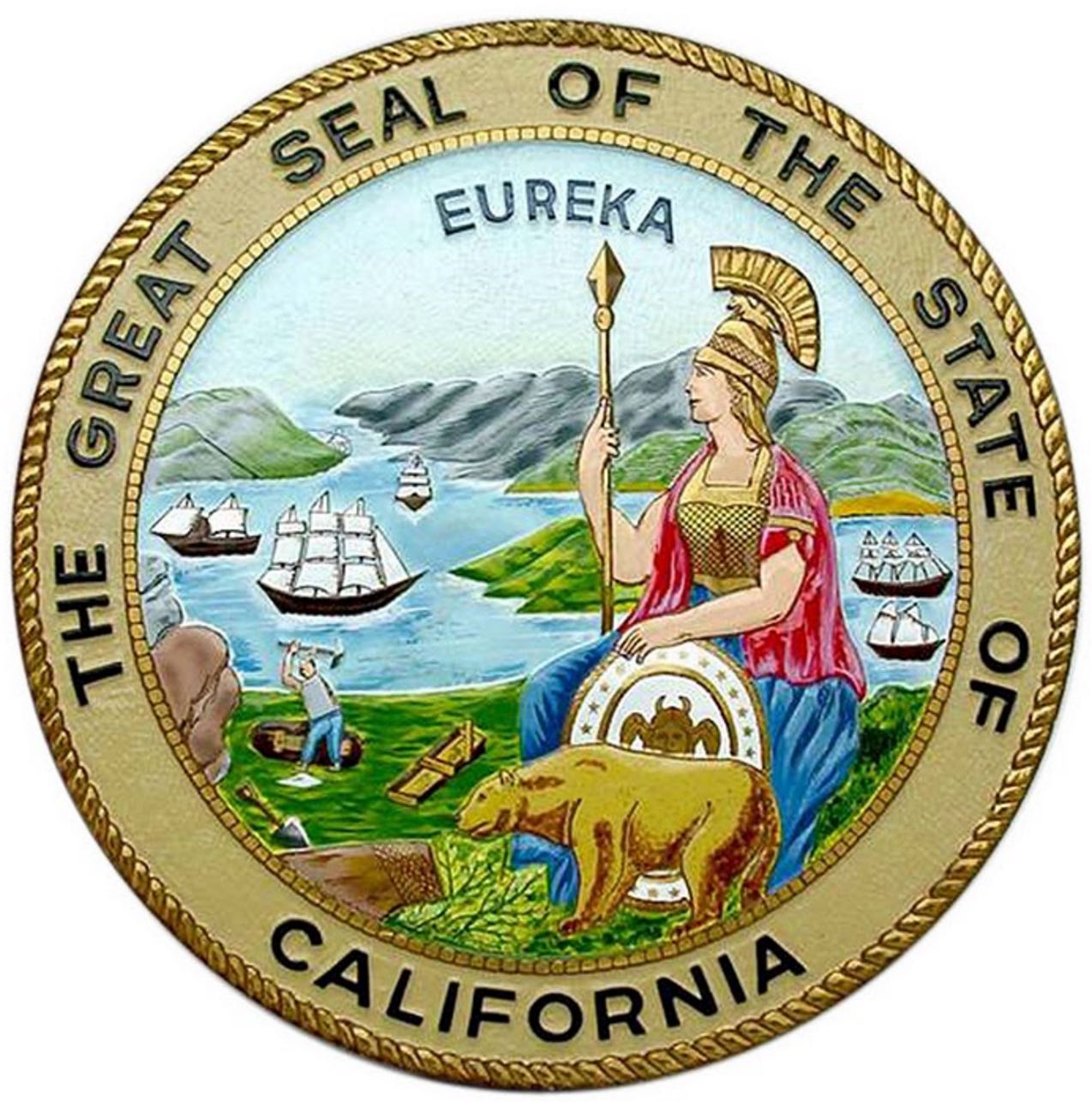Tag: traditional Chinese medicine
Hickey: On Cupping.
Always start with an excuse. I have been ill for the last 10 days. I suspect I picked up an infection from the woman I slept with in Vegas.* I normally go through the day at warp 5 (I do not want to destroy space-time), but this illness has reduced my mental functioning in the evening to one-half impulse at best, with...

Cannibalism?
For all the goofiness that is SCAM, I never thought I would have a post with Cannibalism in the title. The ability for humans to find imaginary healing properties in everything from duck liver and heart diluted 1:100 200 times, rhinoceros horns, and waving hands over people to adjust energy fields that do not exist is remarkable. Somehow I never thought Jeffrey...

What Is Traditional Chinese Medicine?
Traditional Chinese Medicine is not actual medicine, and should not be treated as such. It has more in common with Galen's theory of the four humors than anything a doctor would recognize today.

Dummy Medicine, Dummy Doctors, and a Dummy Degree, Part 2.1: Harvard Medical School and the Curious Case of Ted Kaptchuk, OMD (cont.)
Rave Reviews In 1983, Ted Kaptchuk, the senior author of the recent “albuterol vs. placebo” article, and soon to become the long-time Second-in-Command of the Harvard Medical School “CAM” program, published The Web that Has No Weaver: The book received rave reviews: A major advance toward the synthesis of Western and Eastern theory. It will stimulate all practitioners to expand their understanding...
Testing a Chinese Herbal Flu Remedy
During the early days of the 2009 H1N1 influenza A pandemic, the popular herbal formula maxingshigan–yinqiaosan was used widely by TCM practitioners to reduce symptoms. (It’s hard to pronounce and spell, so I’ll refer to it as M-Y.) A new study was done to test whether M-Y worked and to compare it to the prescription drug oseltamivir. It showed that M-Y did...
Fungus yields new prescription drug for multiple sclerosis
The following post appeared earlier this week at my Chemical & Engineering News CENtral Science blog, Terra Sigillata. For some odd reason – perhaps this week’s frantic academic schedule of commencement activities – it was not highly read there. I thought that our Science-Based Medicine readers would appreciate it because this new prescription drug is derived from a family of fungi that...
The Hazards of “CAM”-Pandering
Steven Salzberg, a friend of this blog and Director of the Center for Bioinformatics and Computational Biology at the University of Maryland, is on the editorial boards of three of the many journals published by BioMed Central (BMC), an important source of open-access, peer-reviewed biomedical reports. He is disturbed by the presence of two other journals under the BMC umbrella: Chinese Medicine...

The Golden State of Pseudo-Science
The state of California (CA) which is home to the most advanced education and research in biomedical sciences, computational biology, genomics and proteomics, etc, is also home to 19 institutions that have state-approved training programs in Traditional Chinese Medicine (TCM), a pseudo-medicine that is based on ideas and practices sourced by ancient cosmology, mythology, astrology, and a range of other pre-scientific beliefs that...
Oriental Medicine or Medical Orientalism?
The following is the second adapted excerpt of an upcoming article called “The Untold Story of Acupuncture.” It is scheduled to be published in December 2009 in Focus in Alternative and Complementary Therapies (FACT), a review journal that presents the evidence on alternative medicine in an analytical and impartial manner. This section argues that the current flurry of interest in acupuncture and...

‘Acupuncture Anesthesia’ Redux: another Skeptic and an Unfortunate Misportrayal at the NCCAM
A neglected skeptic Near the end of my series* on ‘Acupuncture Anesthesia’, I wrote this: Most Westerners—Michael DeBakey and John Bonica being exceptions—who observed ‘acupuncture anesthesia’ in China during the Cultural Revolution seem to have failed to recognize what was going on right under their noses. I should have added—and I now have—Arthur Taub’s name to that tiny, exceptional group. Taub, a neurologist and...

